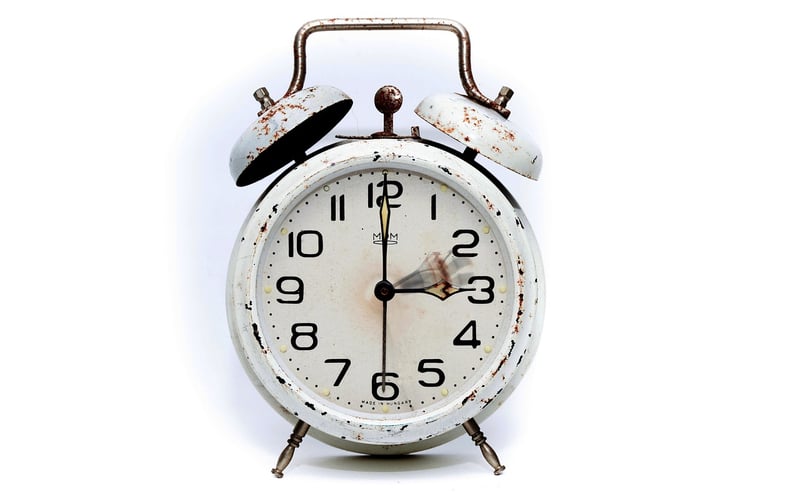Predestination Paradox
Dive into Temporal Twists and the Predestination Paradox
Time travel has been a captivating concept in science fiction for decades, allowing storytellers to explore the complexities of cause and effect, paradoxes, and alternate timelines. One of the most intriguing tropes within time travel narratives is the Predestination Paradox, a mind-bending concept that challenges our understanding of time itself.
What is the Predestination Paradox?
The Predestination Paradox, also known as a causal loop or bootstrap paradox, occurs when a time traveler inadvertently becomes part of a chain of events that lead to their own existence. In this scenario, the past, present, and future are inextricably linked in a loop with no discernible origin.
Imagine a time traveler who goes back in time to prevent a tragic event, only to realize that their actions inadvertently caused the event in the first place. This paradox raises thought-provoking questions about free will, destiny, and the nature of time.
Examples in Popular Culture
The Predestination Paradox has been a recurring theme in various works of fiction, captivating audiences with its intricate implications. Movies like "Looper," "12 Monkeys," and "Predestination" delve into the complexities of time travel and the inevitable loops it creates.
Image Source: Pixabay

Wrap-Up
Exploring the Predestination Paradox in fiction allows us to contemplate the nature of time, causality, and the intricacies of our decisions. Whether you're a fan of time travel stories or simply intrigued by philosophical conundrums, the Predestination Paradox presents a fascinating journey into the twists and turns of temporal logic.
So, next time you watch a movie or read a book involving time travel, keep an eye out for the subtle clues and intricate loops that make up the fabric of the Predestination Paradox.
